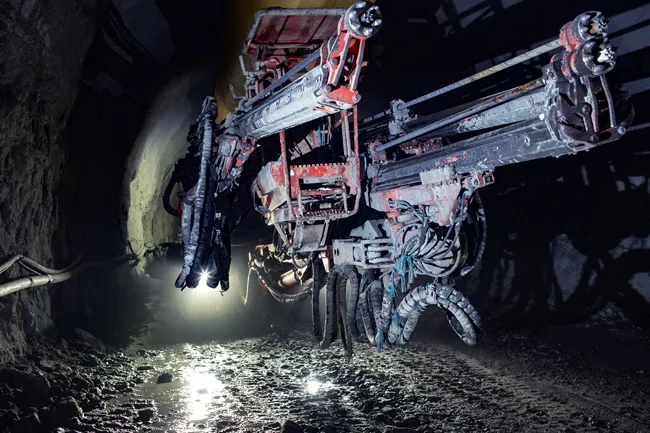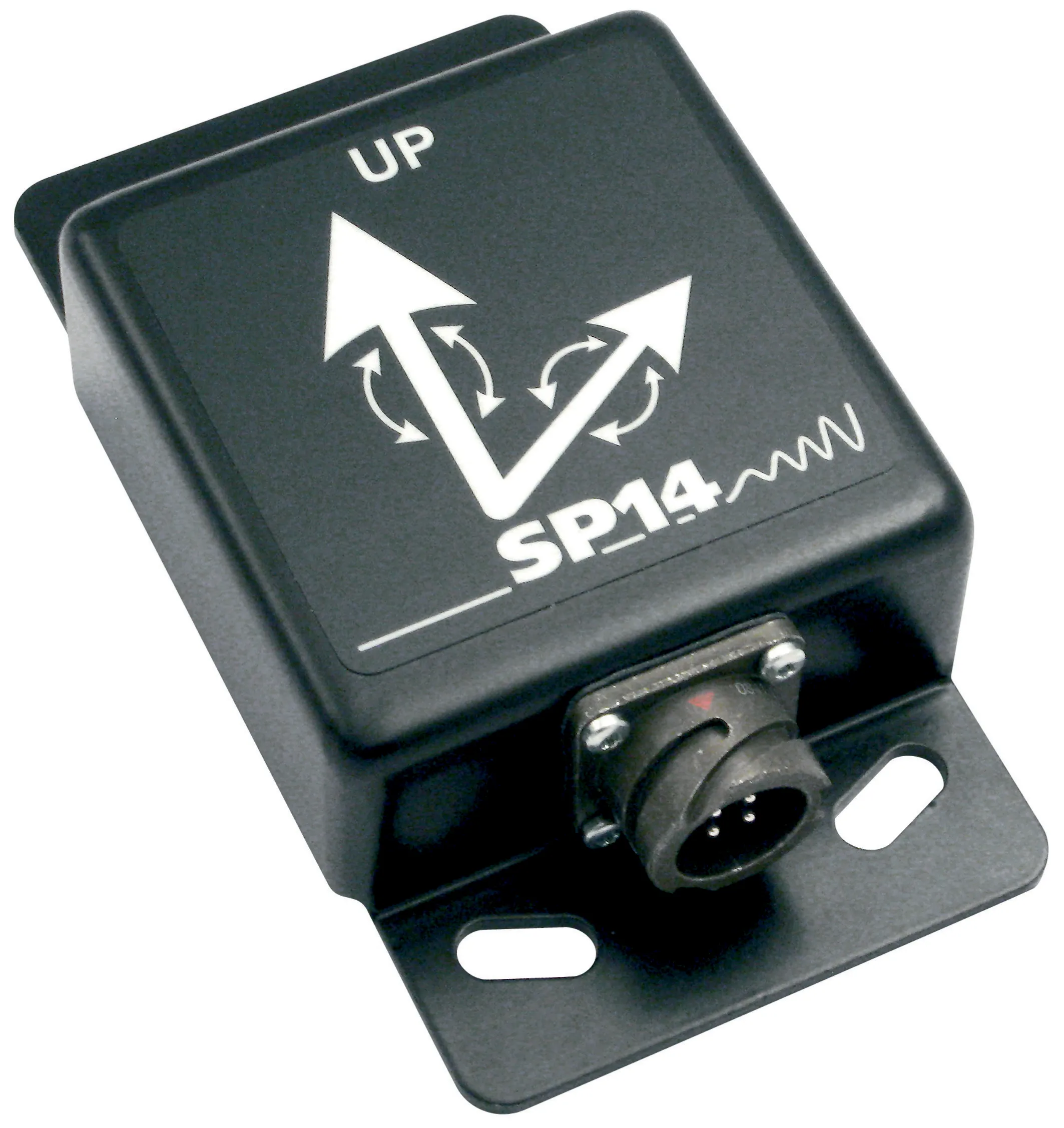
The company has been developing road scanning equipment since the 1980s and the RAV is the latest and most sophisticated machine from WDM to date.
WDM says that the measurement accuracy of the RAV is checked yearly, as well as being continuously monitored during use. According to Jon Day, marketing manager at WDM, “It can be utilised for predictive maintenance.”
Day explained that by using data from previous scans, the RAV can identify future problem areas. The rate of wear can be analysed over time, allowing an accurate picture of how the road surface will behave with use. “It can predict where the wear will be.”
By identifying the wear rate of the road surface, as well as highlighting points that may fail in time, this allows the road agency to move towards carrying out predictive maintenance. The cost benefits of addressing problems before they become serious can deliver major savings.
For example, joint failures are one of the most common issues on asphalt road surfaces, leading to the freeze thaw effect that causes the asphalt around the affected area to break away. Tackling this early will allow the asphalt joints to be resealed, a far cheaper and quicker job than repairing potholes that develop, and a fraction of the cost of having to resurface a section of road that has been left to decay.
The RAV can be driven at up to 100km/h while carrying out a survey, although 80km/h is more usual, and at this speed it can cover large distances during a working day, while it can also be operated at night.
The firm has been working with National Highways to carry out surveys across large areas of the network. Studies of the roads in Wiltshire using the RAV means that extensive data is being collated at present and this will be used to produce a comprehensive case study.
The RAV measures an array of pavement characteristics, using a combination of GPS and inertial navigation systems to record accurate 3D spatial data to attribute to the specific surface information being collated. The RAV measures road geometry parameters including crossfall, radius of curvature, longitudinal profile, transverse profile and pavement texture.
Using the RAV will allow cracks and other surface defects to be identified, while its onboard laser system can check the condition of any road markings.
And an important safety benefit of the RAV is that it also checks surface skid resistance.









